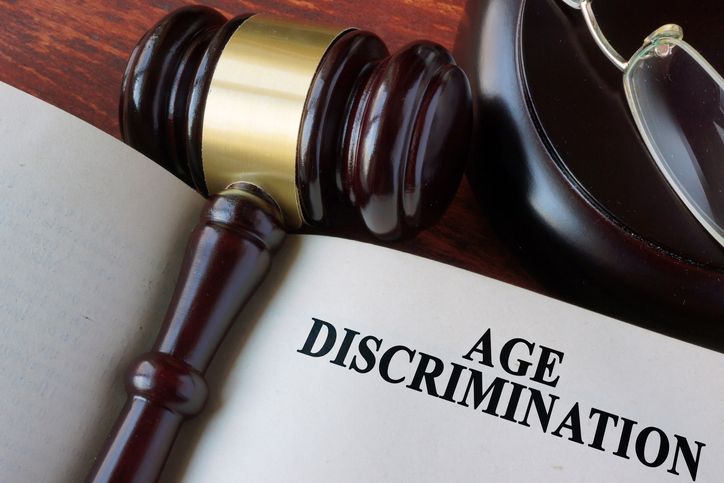The short answer: no.
Both federal and New Hampshire law protects employees from discrimination on account of their age. However, the federal and state laws covering age discrimination protect employees in different ways, and it is important to know the difference.
Federal Law
In 1967, Congress passed the Age Discrimination in Employment Act (ADEA). The ADEA forbids employers from discriminating against applicants and employees who are 40 years of age and older based on their age. The ADEA does not protect applicants or employees who are under 40 years old. The ADEA does not prohibit favoring an older employee over a younger one, even if both employees are over the age of 40. Moreover, discrimination can still occur even if the person causing or inflicting discrimination is also over the age of 40.
Under the ADEA, discrimination is prohibited in any aspect of employment, including hiring, firing, pay, job assignments, promotions, layoff, training, benefits, and any other term or condition of employment. The ADEA also protects employees from age-based harassment by direct and non-direct supervisors, co-workers, or even by someone who is not an employee, such as a client or customer.
Private employers must have 20 or more employees to be covered by the ADEA. However, a recent, unanimous Supreme Court decision clarified that the ADEA applies to all public employees – i.e., those employed by state, local, and federal governmental entities – regardless of the employer’s number of employees.Mount Lemmon Fire Dist. v. Guido, 139 S. Ct. 22, 26 (2018) (referencing EEOC v. Wyoming, 103 S.Ct. 1054 (citation omitted)).

Another recent Supreme Court decision clarified that federal employees have greater protection. Babb v. Wilkie, Secretary of Veteran Affairs, 589 U.S. ___ (2020). There, the Court explained that because the ADEA’s federal-sector provision provides that “personnel actions” affecting individuals aged 40 and older “shall be made free from any discrimination based on age,” that means that federal employees need not show their age was the “but-for cause” of the adverse employment action in order to show that their employer violated the ADEA.
In this context, age is a “but-for cause” of an adverse employment action where the action would have been favorable to the employee if age had not been taken into account. Instead, federal employers violate the act even if age is merely a factor in the action. However, the Court added a caveat: “plaintiffs who demonstrate only that they were subjected to unequal consideration cannot obtain reinstatement, back pay, compensatory damages, or other forms of relief related to the end result of an employment decision,” and “to obtain such remedies, these plaintiffs must show that age discrimination was a but-for cause of the employment outcome.”
Non-federal employees must still show that their age was the but-for cause of the adverse employment decision in order to show both that their federal employer violated the ADEA and that the employee is entitled to relief.
New Hampshire Law
New Hampshire’s Law Against Discrimination, NH RSA 354-A, also prohibits age-based discrimination, and it has some important distinctions from federal law.
First, in contrast to the federal law’s 40-year-old minimum, a person of any age can be discriminated against based on age under New Hampshire Law. Second, in contrast to the federal law’s requirement that the employer must have 20 employees to be covered by the ADEA, New Hampshire law provides that all public and private employers are covered so long as they have at least 6 employees.
What should I do if I’ve been discriminated against because of my age?
You should file a charge of discrimination with the appropriate agency.
For violations of the ADEA, the charge of discrimination must be filed with the Equal Employment Opportunity Commission (EEOC) within 300 days of the date upon which the discrimination occurred. For violations of the New Hampshire Law Against Discrimination, the charge of discrimination should be filed with the New Hampshire Commission for Human Rights within 180 days of the date upon which the discrimination occurred.
Filing a charge of discrimination can be a confusing process, and you may need the guidance of an experienced employment attorney. Please call us at (603) 288-1403 to see if we can help or fill out our online contact form for a free consultation.

